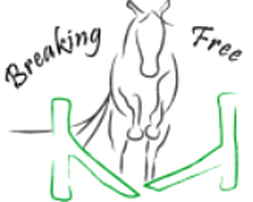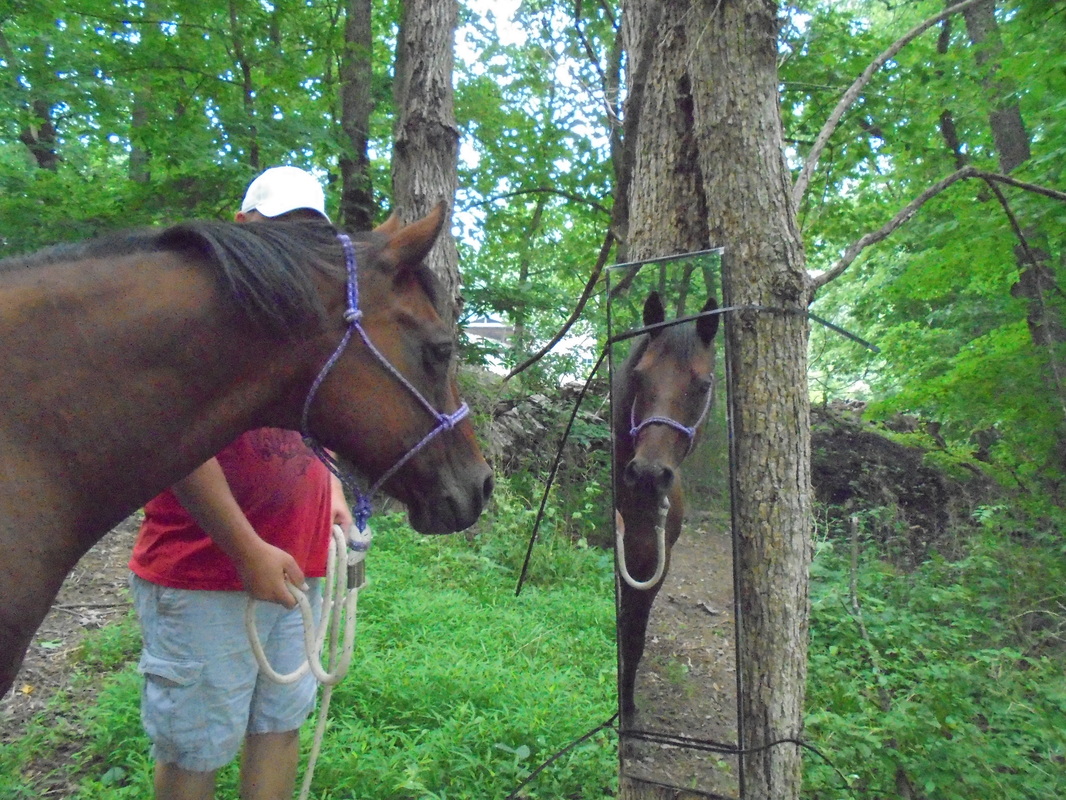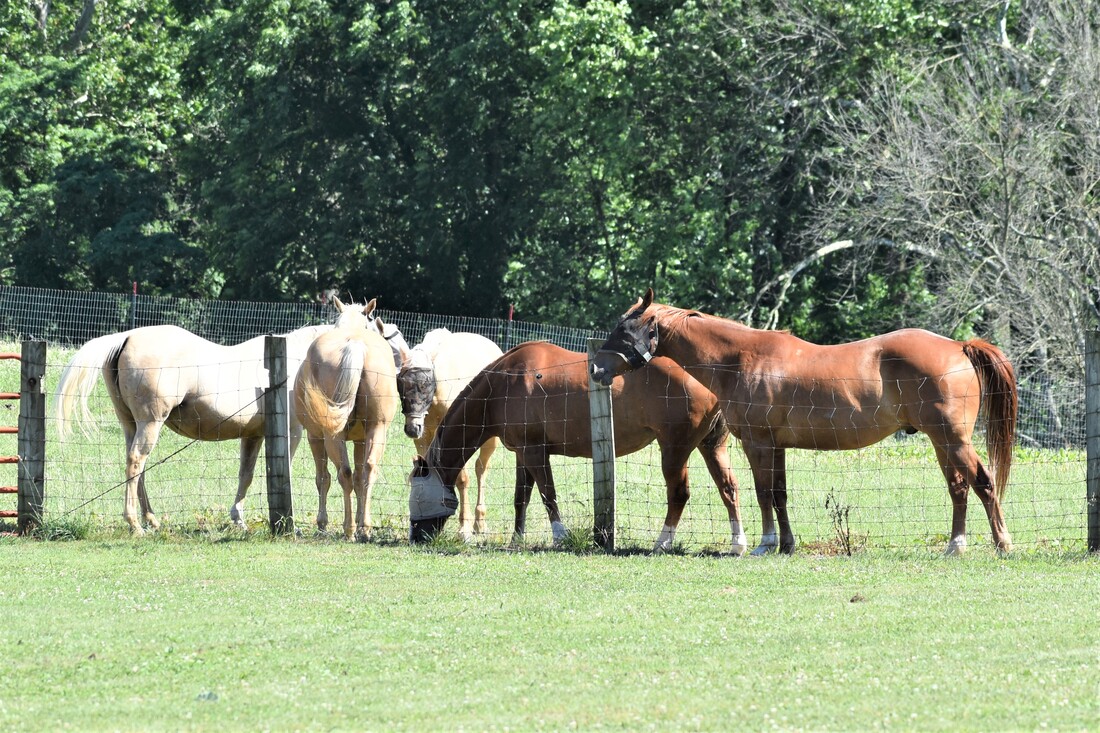THE HORSES
|
Equine-assisted psychotherapy involves clients in roles with horses where the clients take responsibility for leadership, develop teamwork relationships, and acquire confidence. It addresses mental health and human development needs including “behavioral issues, attention deficit disorder, PTSD, substance abuse, eating disorders, depression, anxiety, relationship problems and communication needs.”
The therapy is grounded on a number of theoretical practices: person-centered, cognitive-behavioral, behavioral, Adlerian, psychoanalytic, Gestalt, existential, reality, and solution-focused counseling, for example. |
The attachment that develops between horses and humans is largely a result of their natural ability to mirror our emotions and the power of horses to influence people. However it has evolved, “the remarkable elements of the horse,” according to psychologist Jane Karol, author of an article on the application of individual psychotherapy modes to equine-assisted psychotherapy, the “—power, grace, vulnerability, and a willingness to bear another—combine to form a fertile stage for psychotherapeutic exploration.” The method “relies not only on the therapeutic relationship with the clinician, but is also fueled by the client’s compelling attachment to the therapeutic horse. As both of these relationships progress, the [client’s] inner world and interpersonal style come to the forefront and . . . allows the clinician to explore [his or her] intrapersonal and interpersonal worlds on preverbal, nonverbal and verbal levels of experience.”
Horses do not judge, harbor resentments, or have biases. They do not ask what one did in the past, whether the person was addicted to drugs or alcohol, or spent time in prison. Equine emotions are decodable even to the novice, allowing people to interpret the horse’s meaning in relation to their mutual interactions. Horses demand transparency; that is, the relationship cannot be faked. Because of the relationship that develops with these animals, people feel understood, as if the horse understands the depth of one’s pain and confusion. Moreover, having the horses follow directions becomes a way of 'realizing' that the individual does have some control over his or her environment." Karol, Jane. "Applying a Traditional Individual Psychotherapy Model to Equine-facilitated Psychotherapy (EFP): Theory and Method" Clinical Childhood Psychology and Psychiatry, 2007.
EAGALA http://www.eagala.org/ |


